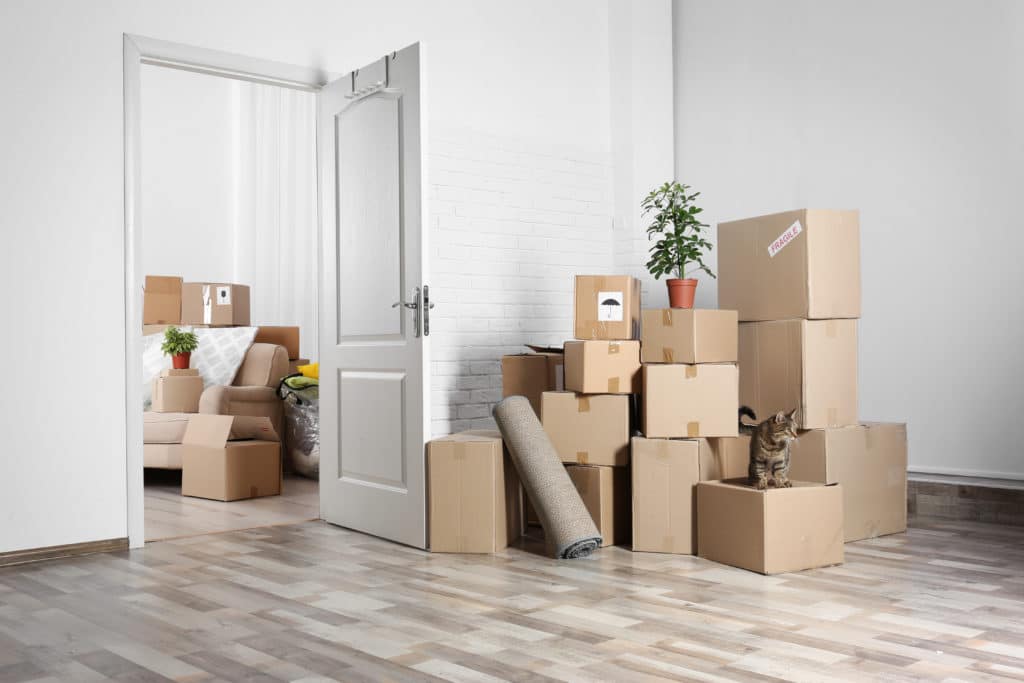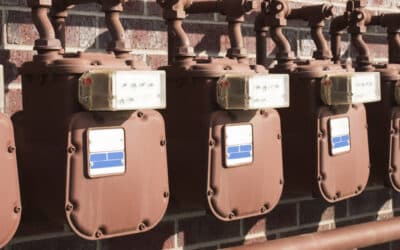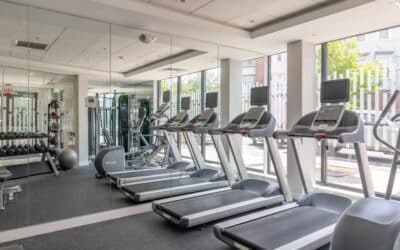How much should I save before moving into an apartment?
This is a common question we hear from prospective first time renters.
When you look to rent an apartment, you want to make sure that:
- You have enough saved up for expenses due upon move in
- You can afford on-going bills and rent
Keep in mind that the amount of cash you need will depend on how much your rent is, what payments are required, how you decide to furnish your apartment, moving costs, your income sources, and how much extra stuff you purchase.
Having said that, to provide some type of starting number, it’s wise to have at a minimum $8,000+ in cash saved up to afford the initial cash outlay of a reasonably price 1 bedroom, and about $12,000 for a reasonably priced 2 bedroom.*
What are the upfront costs?

First month’s Rent / Last Month’s Rent
When you move in, you typically need to pay first month’s rent, and in some places last month’s rent as well. Therefore, if your rent is $1,500 then you will need either $1,500 for first month or $3,000 if first and last month’s rent are required.
Security Deposit
A security deposit is typically equal to one month of rent. In this example, if rent is $1,500, then we can budget $1,500 for security deposit.
Renter’s Insurance
Renter’s insurance (to protect in case something happens in a covered event). Usually you pay up front for the year and around $300.
Application/Admin Fees
Application fee usually around $50 per person. Admin fee (if charged) would usually be another $200.
Furniture, Furnishings, etc
Then you need to add furniture to apartment.
Furnishing a one-bedroom with stock furniture from a Wayfair or similar vendor can cost $3,000 to $4,000+. For a two bedroom, it can cost $4,500 to $6,000+. You’ll need this cash on hand unless you finance the furniture. Here are some tips to furnish apartment on budget.
Essentials:
Don’t forget essential items like cleaning supplies, toiletries, toilet paper, vaccum cleaner, other household items and bathroom checklists. Estimate around $600 for these items.
Moving Expenses
Then there are moving expenses. If you are moving yourself, then you just have to pay for a truck and maybe budget $200 to $500. If you are moving with a professional company, and it’s a local move, it could still cost around $800 to $1,200.

Therefore, based on the above, a minimum $8,000+ in cash saved up to afford the initial cash outlay of a reasonably price 1 bedroom, and about $12,000 for a reasonably priced 2 bedroom.*
It would be wise to have significantly more cash on hand then this. Your situation is going to be different, but once you find an apartment of choice, you should read the list, write down your costs for each, estimate your up-front costs to truly decide on how much cash you need.
Make sure you budget for on-going expenses
Rent
Your next rent payment due will come up quickly so it’s important to have enough cash on hand to be able to pay for it.
Utilities
You will need to consider payments for sewer, water, gas, electric, internet/cable/tv. Total utility bill could easily be $400+ a month.
Pet Fees
Budget for pet fees which could be $50/month per pet.
Food/ Entertainment
You need to allow enough of the budget for food, entertainment, and groceries.
Debt Payments/Obligations
You also likely have other expenses such as debt payments, car payments, school, and more. Be sure you have enough money for these plus any savings goals.
Rule of Thumb Affordability
While the numbers of how much money you need can be calculated, you are also likely in part seeking an answer to the question “can I afford this apartment?”
Fortunately, financial experts have said you should spend about 30% of your annual income on rent. Of course debt and other personal situations come into play.
Zillow has published this Rent Affordability Calculator which may be helpful.
Despite this affordability rule of thumb, it is still prudent and wise of you to make sure you have enough cash on hand to fund the initial payments outlined this blog post.
Ways to Save Money
We are not financial experts, but we have listed some tips below from some of the top financial blogs, including NerdWallet, Forbes, and BankRate. Some of the top ideas include:
- Minimize Restaurant Spending
- Prepare for Grocery Shopping
- Switch your cell phone Plan to lower cost
- Track Spending
- Keep Savings in High-Yield Savings Account
For a comprehensive list on ways to save money, check out NerdWallet.
Other Factors
Other factors to consider are location. For example in New York, it can be common to pay broker fee and even last month’s rent.
Summary
The minimum of $8,000+ saved up is based on our example of a 1 bedroom apartment at about $1,500/month. Your situation will be different, but now that you understand the fundamentals, you should be able to calculate how much you should save up before getting your apartment. Be sure to evaluate the 30% rule to make sure the apartment is something you can afford.
Allow enough for a cushion so that you can jump into your on-going payments with ease.
Err on the side of caution. Take the time to really develop a budget that is specific to your needs. Seek professional financial advice if needed.
—
*These are very rough approximations based on $1,500 for a 1 bedroom and $1,900 for 2 bedroom. It will also be a lot more if last month’s rent is required from landlord, furnishing you decide to add, moving costs. and more.
**This article is merely meant to provide general guidance for those seeking to understand the costs associated with renting their first apartment. It is not in any way meant to be financial advice or a substitute for any professional financial advice. All readers are strongly encouraged to seek professional advice.





